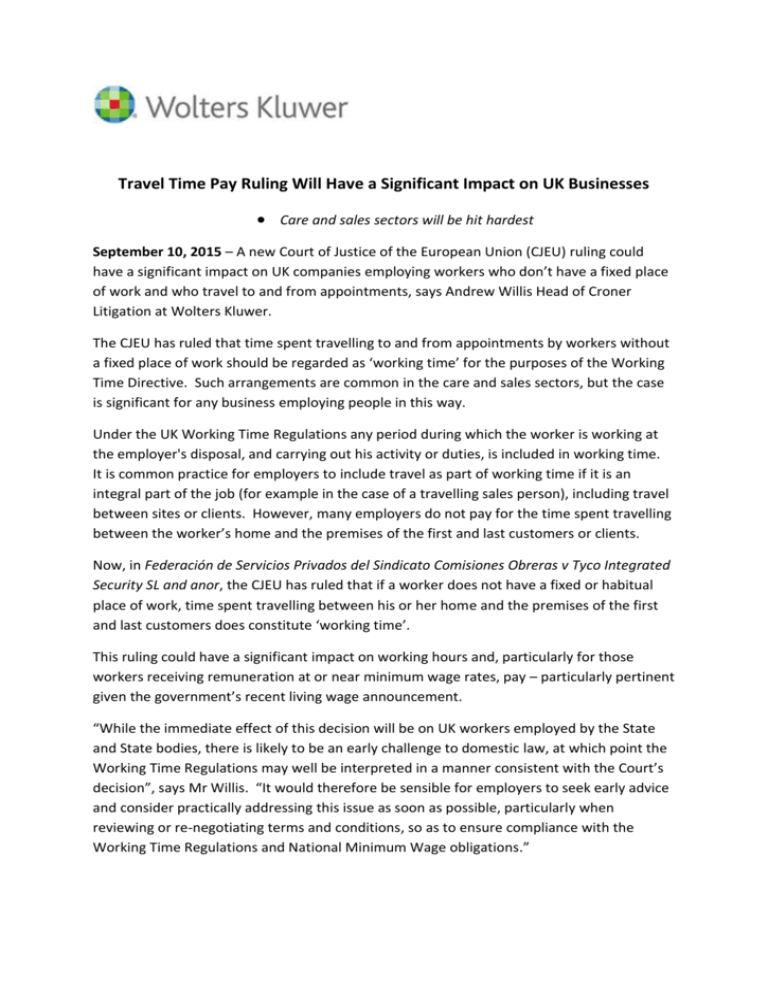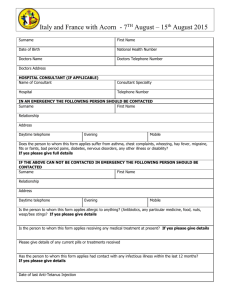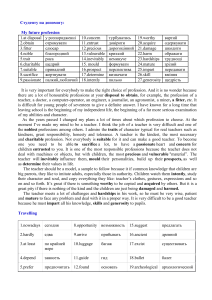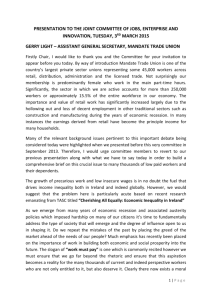Travel Time Pay Ruling Will Have a Significant Impact
advertisement

Travel Time Pay Ruling Will Have a Significant Impact on UK Businesses Care and sales sectors will be hit hardest September 10, 2015 – A new Court of Justice of the European Union (CJEU) ruling could have a significant impact on UK companies employing workers who don’t have a fixed place of work and who travel to and from appointments, says Andrew Willis Head of Croner Litigation at Wolters Kluwer. The CJEU has ruled that time spent travelling to and from appointments by workers without a fixed place of work should be regarded as ‘working time’ for the purposes of the Working Time Directive. Such arrangements are common in the care and sales sectors, but the case is significant for any business employing people in this way. Under the UK Working Time Regulations any period during which the worker is working at the employer's disposal, and carrying out his activity or duties, is included in working time. It is common practice for employers to include travel as part of working time if it is an integral part of the job (for example in the case of a travelling sales person), including travel between sites or clients. However, many employers do not pay for the time spent travelling between the worker’s home and the premises of the first and last customers or clients. Now, in Federación de Servicios Privados del Sindicato Comisiones Obreras v Tyco Integrated Security SL and anor, the CJEU has ruled that if a worker does not have a fixed or habitual place of work, time spent travelling between his or her home and the premises of the first and last customers does constitute ‘working time’. This ruling could have a significant impact on working hours and, particularly for those workers receiving remuneration at or near minimum wage rates, pay – particularly pertinent given the government’s recent living wage announcement. “While the immediate effect of this decision will be on UK workers employed by the State and State bodies, there is likely to be an early challenge to domestic law, at which point the Working Time Regulations may well be interpreted in a manner consistent with the Court’s decision”, says Mr Willis. “It would therefore be sensible for employers to seek early advice and consider practically addressing this issue as soon as possible, particularly when reviewing or re-negotiating terms and conditions, so as to ensure compliance with the Working Time Regulations and National Minimum Wage obligations.”











